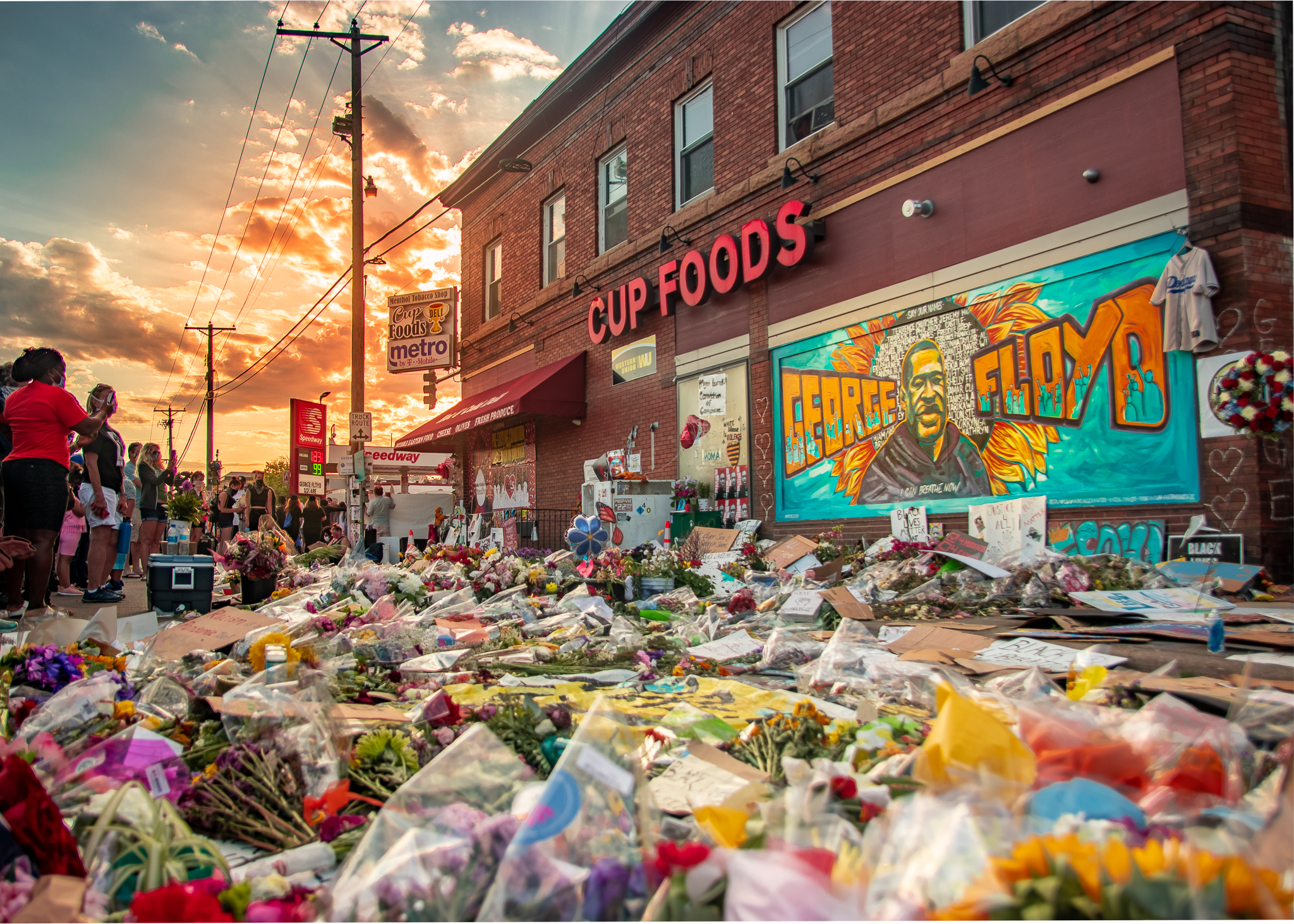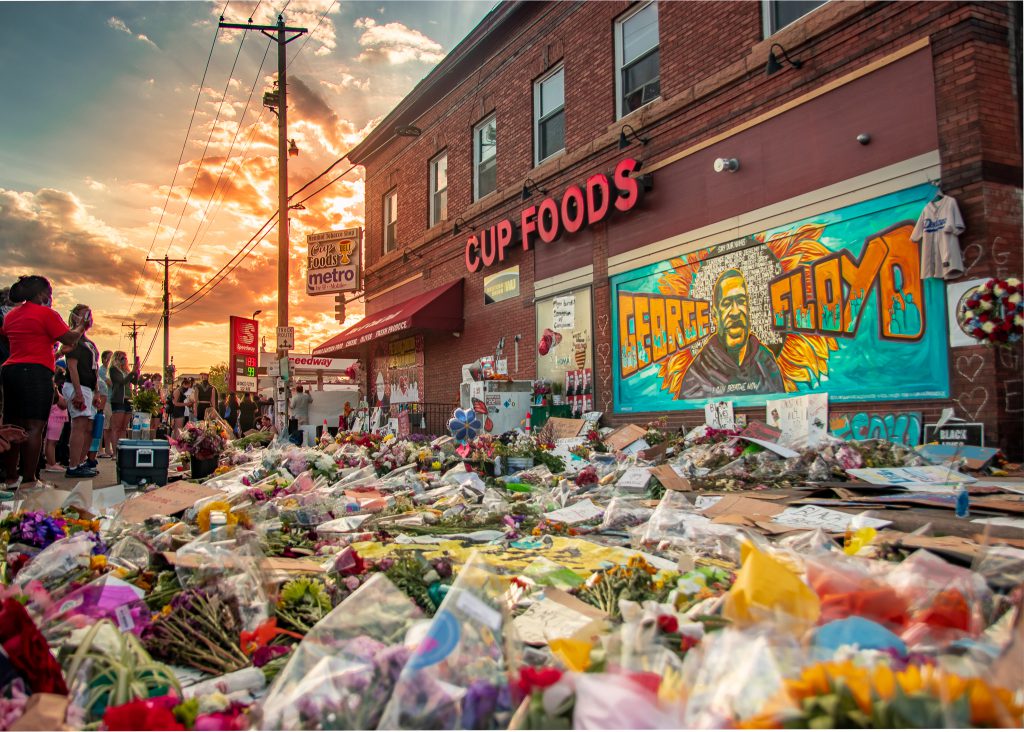No one should have been on the edge of their seat about the verdict in Derek Chauvin’s trial. He was caught on video kneeling on George Floyd’s neck for more than nine minutes as Floyd begged for his life. But this is America, where police are almost never held accountable, so we held our breath and prepared for Chauvin to be acquitted. But in this rare case, a jury of six white, four Black and two multiracial people provided a measure of justice, finding Chauvin guilty of murder. Surely, the jury’s diverse makeup helped it reach this much-needed verdict. Yet, it’s exactly this kind of diversity that prosecutors often work to avoid. They strike Black citizens from juries at far higher rates than whites. Then, when they’re accused of violating the law prohibiting racist jury strikes, they offer the flimsiest possible defenses. And no matter how implausible their excuses are, they almost always get away with it.

Chauvin trial shows that justice requires diverse, inclusive juries
No one should have been on the edge of their seat about the verdict in Derek Chauvin’s trial. He was caught on video kneeling on George Floyd’s neck for more than nine minutes as Floyd begged for his life. But this is America, where police are almost never held accountable, so we held our breath and prepared for Chauvin to be acquitted. But in this rare case, a jury of six white, four Black and two multiracial people provided a measure of justice, finding Chauvin guilty of murder. Surely, the jury’s diverse makeup helped it reach this much-needed verdict. Yet, it’s exactly this kind of diversity that prosecutors often work to avoid. They strike Black citizens from juries at far higher rates than whites. Then, when they’re accused of violating the law prohibiting racist jury strikes, they offer the flimsiest possible defenses. And no matter how implausible their excuses are, they almost always get away with it.

 This Pride Month (and always), we'r
This Pride Month (and always), we'r

